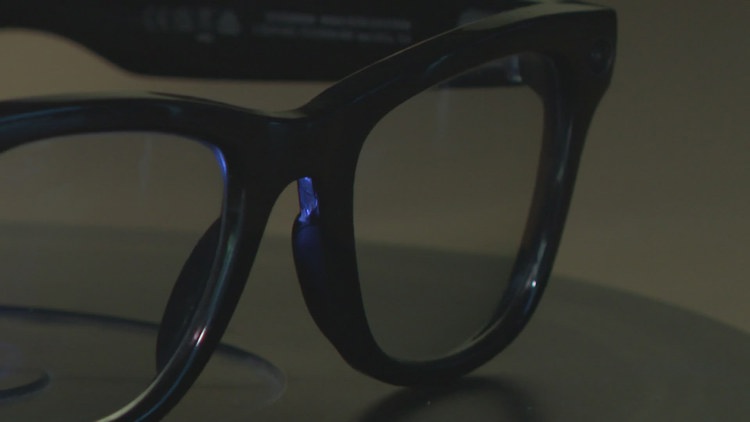The tranquil landscape of Tempe, Arizona, was recently disrupted by the arrest of 24-year-old Heston Cobb, a social media influencer widely known as Heston James, whose audacious “business takeover” pranks, meticulously recorded with AI glasses, landed him in legal trouble. His peculiar stunts, which garnered millions of views online, have now led to charges including disorderly conduct, burglary, and criminal impersonation, shining a spotlight on the blurred lines between digital content creation and real-world legal repercussions.
Cobb’s methodology involved leading groups of men, often disguised as employees, into various private businesses, where they would proceed to engage in disruptive and unauthorized activities. One particularly alarming incident described by an employee involved Cobb’s followers opening car doors, attempting to remove tires, and generally interfering with business operations, raising immediate concerns for the safety and security of both staff and customers.
Central to these elaborate social media pranks were Ray-Ban Meta AI sunglasses, which Cobb reportedly used extensively to document his escapades. These high-tech eyewear devices are capable of recording up to three minutes of video with a simple button press on the hinge, featuring a discreet blinking white light next to the camera to indicate recording is in progress.
The insidious nature of these AI-powered glasses poses a significant challenge for the public, as their unassuming appearance makes it difficult for individuals to discern when they are being filmed. Jessica Ells with Tempe Police highlighted this critical concern, noting that the average person may not recognize the glasses as recording devices, thereby compromising their expectation of privacy in public and private spaces.
Law enforcement officials are increasingly wary of the potential for such advanced yet affordable recording technology to be exploited for nefarious purposes. As these devices become more accessible, the risk of their misuse for activities that infringe upon digital privacy or enable illicit behavior escalates, prompting a reevaluation of existing privacy statutes in the context of burgeoning technological capabilities.
Arizona state law explicitly prohibits video recordings in areas where there is a reasonable expectation of privacy, such as inside private homes, bathrooms, or locker rooms. This legal framework extends to private businesses, where individuals do not inherently possess the right to record without explicit permission from the property owner, a crucial distinction often overlooked by content creators aiming for viral fame.
Legal experts, including Balderas, underscore that while an individual might not have an expectation of privacy in a public-facing restaurant, the establishment itself retains the fundamental right to dictate activities on its private property, including the prohibition of unauthorized recordings. This principle becomes even more pertinent when the recorded content is part of activities that violate the law, transforming a “prank” into a criminal act and escalating the severity of the Tempe crime.
The influencer arrest of Heston Cobb serves as a stark warning to the burgeoning social media content industry, emphasizing the critical need for creators to understand and respect legal boundaries and public safety. This incident highlights the growing tension between the pursuit of online virality and the imperative to uphold privacy rights and maintain order in society, pushing authorities to grapple with new challenges posed by rapidly evolving digital tools and online behaviors.






Leave a Reply